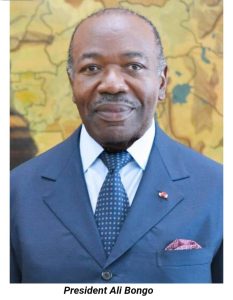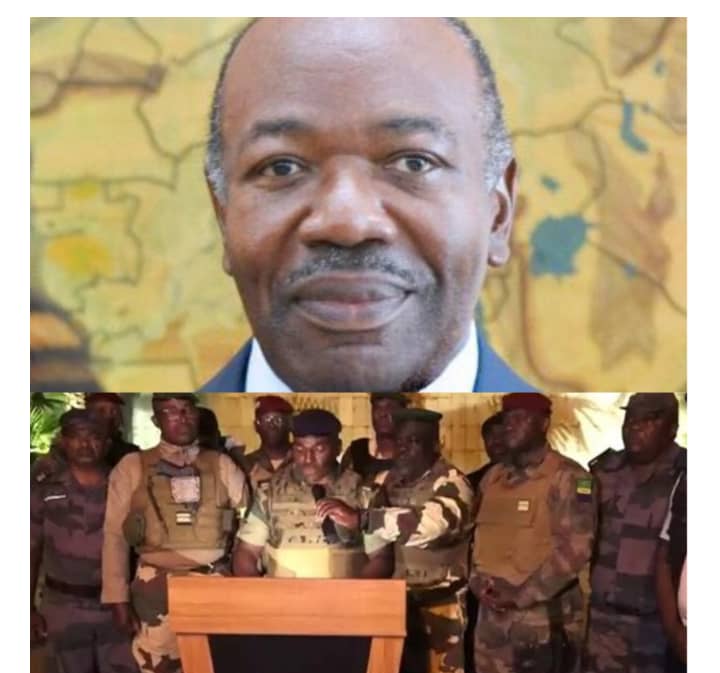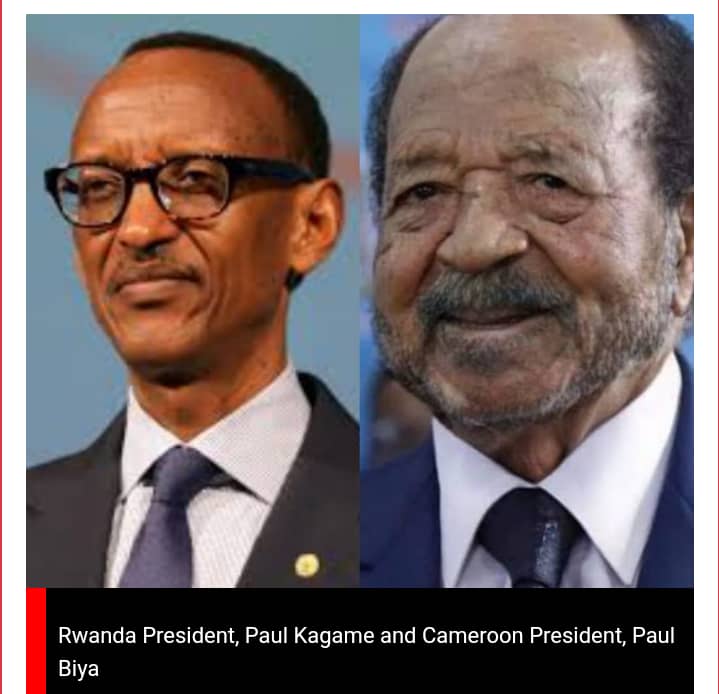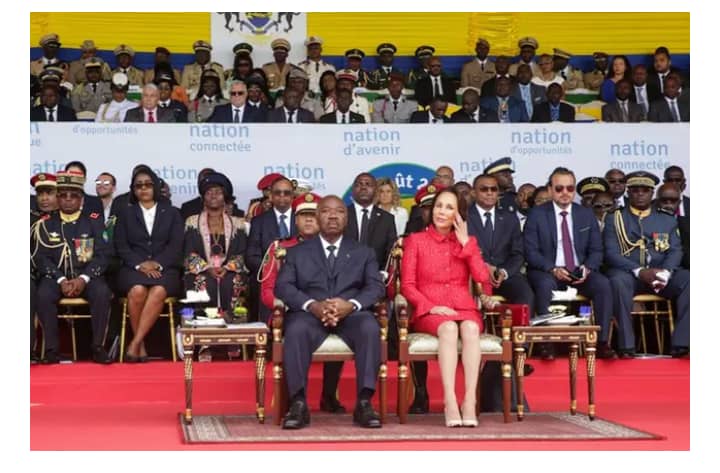“Soldiers Seize Power in Gabon: A Historic Turn of Events”
In a stunning turn of events, Gabon, a Central African nation, witnessed a dramatic coup as soldiers took control of the government. The country’s longstanding President, Ali Bongo, whose family has maintained their grip on power for over five decades, was declared the winner of the recent elections. However, the military’s intervention on live television sent shockwaves across the nation and the international community. Let’s delve into the details of this historic event.
The Unfolding of the Coup:
Gabon, a country known for its rich oil reserves and diverse wildlife, has faced political instability in the past. In the latest episode, the soldiers made their move shortly after the controversial election results were announced. President Ali Bongo, who succeeded his father in 2009, has faced criticism regarding his family’s extended rule, leading to growing discontent among the Gabonese population.
The soldiers, clad in military attire and armed with weapons, appeared on national television to declare their takeover. The coup, broadcasted live, showcased the gravity of the situation. As the soldiers took control of strategic locations in the capital city of Libreville, the nation awaited further developments with bated breath.
The Motivation Behind the Coup:
While the coup marks a significant moment in Gabon’s history, it is crucial to understand the underlying factors that led to this dramatic intervention. The soldiers justified their actions by claiming that they were protecting the nation’s sovereignty, promoting justice, and seeking to end the Bongo family’s prolonged rule.
Gabon’s population, particularly the youth, had grown increasingly dissatisfied with the government’s policies and perceived lack of progress. Rising unemployment rates, economic inequality, and a desire for political reforms created an environment ripe for upheaval. The soldiers, seizing this opportunity, aimed to address these grievances and chart a new course for Gabon.
International Response and Implications:
As news of the coup spread, the international community closely monitored the situation in Gabon. Many nations expressed concerns over the abrupt change in power and called for a peaceful resolution to the crisis. The African Union and regional organizations condemned the military’s actions, emphasizing the importance of upholding democratic principles and the rule of law.
The coup in Gabon also has broader implications for the political landscape of Africa. It serves as a reminder of the fragility of entrenched power structures and the potential for swift changes in leadership. The event may inspire similar movements across the continent, as citizens demand accountability, transparency, and more inclusive governance.
Hope for a Peaceful Transition:
 Despite the uncertainty and tension surrounding the coup, there is hope that Gabon can navigate this crisis and emerge stronger. The soldiers, now in control, must engage in constructive dialogue with all stakeholders, including political leaders, civil society, and the Gabonese population, to establish a peaceful transition plan. This process should prioritize the welfare of the citizens and ensure a return to democratic governance.
Despite the uncertainty and tension surrounding the coup, there is hope that Gabon can navigate this crisis and emerge stronger. The soldiers, now in control, must engage in constructive dialogue with all stakeholders, including political leaders, civil society, and the Gabonese population, to establish a peaceful transition plan. This process should prioritize the welfare of the citizens and ensure a return to democratic governance.
Gabon’s rich cultural heritage, natural resources, and resilient population provide a solid foundation for rebuilding the nation. The international community must support Gabon during this critical period, offering assistance and guidance to facilitate stability and progress.
Conclusion:
The recent coup in Gabon has shaken the nation and the world, challenging the longstanding rule of the Bongo family. As soldiers took over key institutions on live television, Gabon entered a new chapter in its history. The motivations behind the






